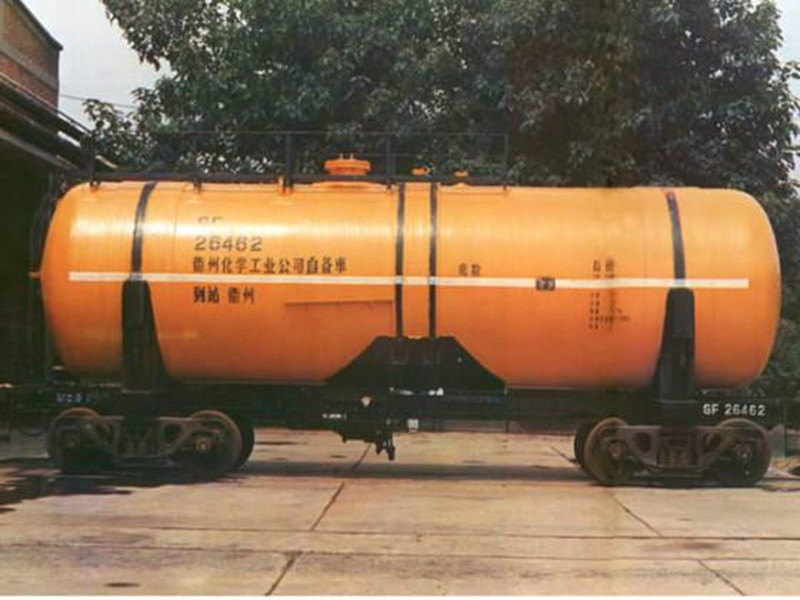
-
 Afrikaans
Afrikaans -
 Albanian
Albanian -
 Amharic
Amharic -
 Arabic
Arabic -
 Armenian
Armenian -
 Azerbaijani
Azerbaijani -
 Basque
Basque -
 Belarusian
Belarusian -
 Bengali
Bengali -
 Bosnian
Bosnian -
 Bulgarian
Bulgarian -
 Catalan
Catalan -
 Cebuano
Cebuano -
 China
China -
 China (Taiwan)
China (Taiwan) -
 Corsican
Corsican -
 Croatian
Croatian -
 Czech
Czech -
 Danish
Danish -
 Dutch
Dutch -
 English
English -
 Esperanto
Esperanto -
 Estonian
Estonian -
 Finnish
Finnish -
 French
French -
 Frisian
Frisian -
 Galician
Galician -
 Georgian
Georgian -
 German
German -
 Greek
Greek -
 Gujarati
Gujarati -
 Haitian Creole
Haitian Creole -
 hausa
hausa -
 hawaiian
hawaiian -
 Hebrew
Hebrew -
 Hindi
Hindi -
 Miao
Miao -
 Hungarian
Hungarian -
 Icelandic
Icelandic -
 igbo
igbo -
 Indonesian
Indonesian -
 irish
irish -
 Italian
Italian -
 Japanese
Japanese -
 Javanese
Javanese -
 Kannada
Kannada -
 kazakh
kazakh -
 Khmer
Khmer -
 Rwandese
Rwandese -
 Korean
Korean -
 Kurdish
Kurdish -
 Kyrgyz
Kyrgyz -
 Lao
Lao -
 Latin
Latin -
 Latvian
Latvian -
 Lithuanian
Lithuanian -
 Luxembourgish
Luxembourgish -
 Macedonian
Macedonian -
 Malgashi
Malgashi -
 Malay
Malay -
 Malayalam
Malayalam -
 Maltese
Maltese -
 Maori
Maori -
 Marathi
Marathi -
 Mongolian
Mongolian -
 Myanmar
Myanmar -
 Nepali
Nepali -
 Norwegian
Norwegian -
 Norwegian
Norwegian -
 Occitan
Occitan -
 Pashto
Pashto -
 Persian
Persian -
 Polish
Polish -
 Portuguese
Portuguese -
 Punjabi
Punjabi -
 Romanian
Romanian -
 Russian
Russian -
 Samoan
Samoan -
 Scottish Gaelic
Scottish Gaelic -
 Serbian
Serbian -
 Sesotho
Sesotho -
 Shona
Shona -
 Sindhi
Sindhi -
 Sinhala
Sinhala -
 Slovak
Slovak -
 Slovenian
Slovenian -
 Somali
Somali -
 Spanish
Spanish -
 Sundanese
Sundanese -
 Swahili
Swahili -
 Swedish
Swedish -
 Tagalog
Tagalog -
 Tajik
Tajik -
 Tamil
Tamil -
 Tatar
Tatar -
 Telugu
Telugu -
 Thai
Thai -
 Turkish
Turkish -
 Turkmen
Turkmen -
 Ukrainian
Ukrainian -
 Urdu
Urdu -
 Uighur
Uighur -
 Uzbek
Uzbek -
 Vietnamese
Vietnamese -
 Welsh
Welsh -
 Bantu
Bantu -
 Yiddish
Yiddish -
 Yoruba
Yoruba -
 Zulu
Zulu
frp vessel
FRP Vessels Advantages and Applications
Fiberglass Reinforced Plastic (FRP) vessels are becoming increasingly prominent in various industries due to their unique combination of strength, durability, and corrosion resistance. These advantages make them an ideal choice for a wide range of applications, including chemical storage, wastewater management, and even pressure vessels in industrial processes.
FRP Vessels Advantages and Applications
In addition to their resistance to corrosion, FRP vessels are also lightweight compared to their metal counterparts. This feature not only facilitates easier transportation and installation but also reduces the structural load they impose on supporting structures. Consequently, in applications such as chemical processing plants or water treatment facilities, using FRP can significantly decrease construction costs and enhance overall project efficiency.
frp vessel

Moreover, FRP vessels can be customized easily to meet specific requirements. They can be fabricated in varying shapes, sizes, and specifications depending on the intended application. This versatility makes FRP a popular choice for different fields, including pharmaceuticals, food and beverage, and oil and gas. For instance, in the food and beverage industry, FRP vessels are often employed for storing ingredients due to their non-reactive nature, ensuring that the integrity of the stored products is maintained.
Another notable advantage of FRP vessels is their thermal insulation properties. Their ability to resist temperature fluctuations makes them suitable for processes requiring specific temperature controls. This characteristic is particularly beneficial in industries where thermal stability is crucial for quality assurance and process efficiency.
While there are many advantages to using FRP vessels, it is also essential to consider their installation and handling. Proper installation requires trained professionals who understand the nuances of working with FRP materials. Additionally, while these vessels are robust, they must be handled with care to avoid damage during transport and installation.
In conclusion, FRP vessels represent a revolutionary advancement in material science, offering a host of benefits over traditional materials. Their resistance to corrosion, lightweight nature, customization potential, and thermal insulation capabilities position them as a superior choice for various applications. As industries continue to seek more efficient and durable solutions, the use of FRP vessels is expected to expand further, paving the way for innovative applications in the future. With the ongoing development in FRP technology, we can anticipate even more enhancements that will solidify the role of FRP vessels in modern engineering and manufacturing processes.









